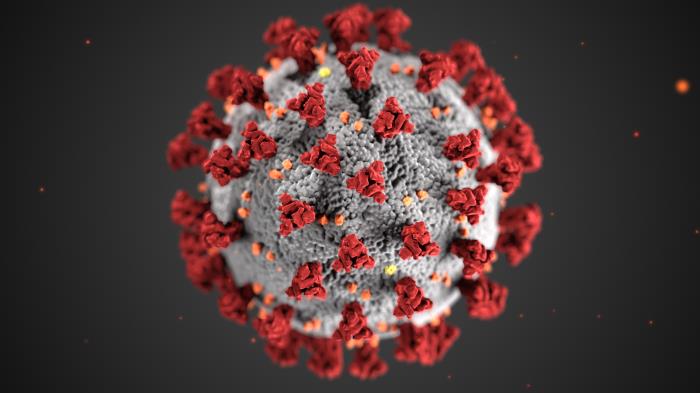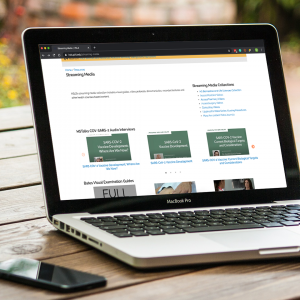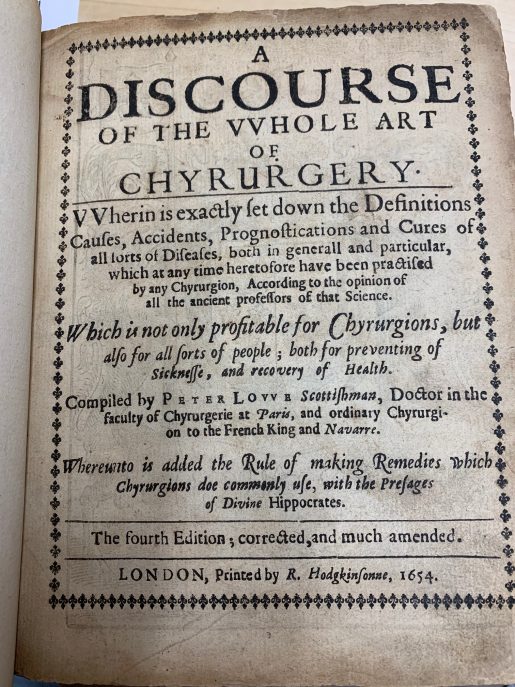Introduction to Image Editing: Adobe Photoshop and Illustrator, Monday, June 1, 3–4 p.m.
Introduction to R Hands-On Follow Up Session, Tuesday, June 2, 11 a.m.–12:30 p.m.
Electronic Research Notebooks: Introduction to LabArchives, Tuesday, June 2, 12–1 p.m.
Pathway Enrichment Analysis–IPA & MetaCore, Wednesday, June 3, 10 a.m.–3:30 p.m.
Introduction to Adobe Photoshop, Thursday, June 4, 10 a.m.–12 p.m.
Author Workshop: Clinical Focus, Friday, June 5, 10 a.m.–12 p.m.
Author Workshop: Research Focus, Friday, June 5, 1–3 p.m.
Introduction to Adobe Illustrator for Diagrams, Monday, June 8, 10–11:30 a.m.
Advanced PowerPoint for Presentations, Tuesday, June 9, 10–11:30 a.m.
MolBio Hands-On Follow Up Session, Wednesday, June 10, 1–3 p.m.
Painless PubMed, Thursday, June 11, 8–9 a.m.
Basic Python through Jupyter, Friday, June 12, 1–4 p.m.
Basic EndNote, Monday, June 15, 2–3 p.m.
EndNote for Remote Teams, Tuesday, June 16, 10–11:30 a.m.
Single Cell RNA-Seq, Wednesday, June 17, 10 a.m.–3:30 p.m.
Research Metrics and Publication Reports: Showcasing Impact, Thursday, June 18, 11 a.m.–12 p.m.
Beyond Beginner Workshop: Getting Going with Pandas in Python, Friday, June 19, 1–4 p.m.
Introduction to Data Management, Monday, June 22, 9–10 a.m.
Painless PubMed, Tuesday, June 23, 8:30–9:30 a.m.
Virtual Coffee Break: What is DistillerSR?, Tuesday, June 23, 10–10:30 a.m.
MolBio Hands-On Follow Up Session, Wednesday, June 24, 1–3 p.m.
Introduction to Zotero, Monday, June 29, 10–11 a.m.


 Due the current pandemic, streaming video has taken on a new importance. Now might be an appropriate time to call attention to the HSLS
Due the current pandemic, streaming video has taken on a new importance. Now might be an appropriate time to call attention to the HSLS  Peter Lowe, author of A Discourse of the Whole Art of Chirurgery published in London in 1654, left a significant mark on Scottish medicine by founding the Faculty of Physicians and Surgeons in Glasgow, reorganizing the practice of medicine in the same city, and then writing a book that made quite a stir. Contrary to the dominating trend at that time to write scientific books in Latin, this book was written in the vernacular and enjoyed great popularity (four editions in the 17th century). However, even more than its importance to 17th century medicine, are the provenance notes added in the 19th century that make the volume in Falk Library’s rare book collection special and unique.
Peter Lowe, author of A Discourse of the Whole Art of Chirurgery published in London in 1654, left a significant mark on Scottish medicine by founding the Faculty of Physicians and Surgeons in Glasgow, reorganizing the practice of medicine in the same city, and then writing a book that made quite a stir. Contrary to the dominating trend at that time to write scientific books in Latin, this book was written in the vernacular and enjoyed great popularity (four editions in the 17th century). However, even more than its importance to 17th century medicine, are the provenance notes added in the 19th century that make the volume in Falk Library’s rare book collection special and unique.